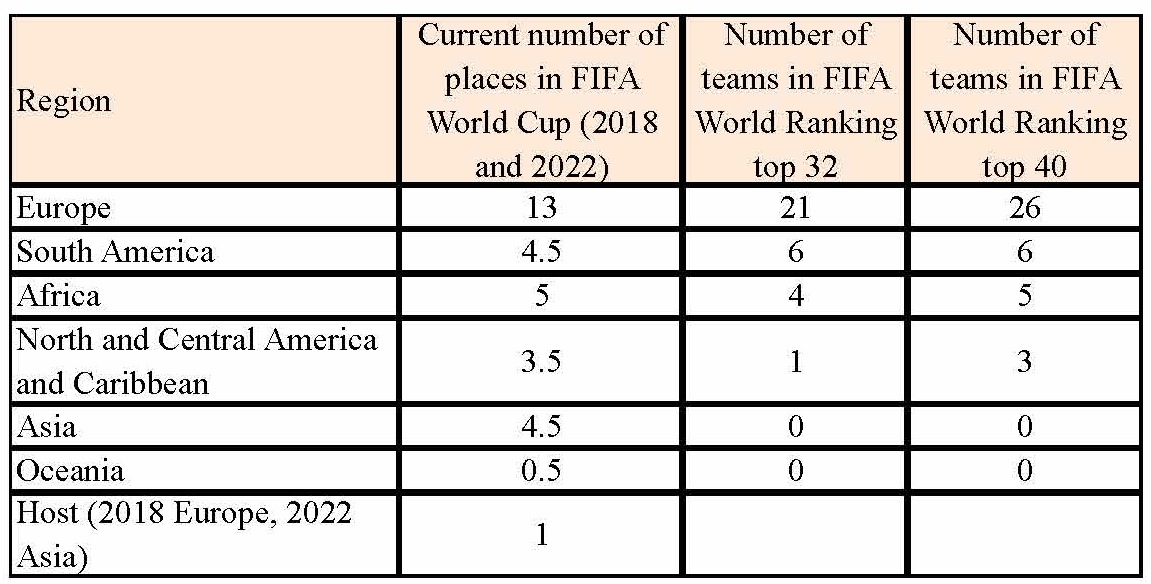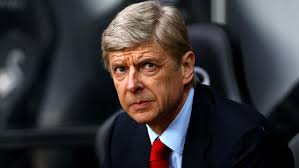By Mark Baber
November 20 – Arsenal manager Arsene Wenger argued that FIFA must tackle the international calendar as part of its current reform programme – or clubs could split away from national teams and international competitions.
Wenger’s remarks followed in the wake of presidential candidate Gianni Infantino’s interview in which he promised to increase the number of participants in the World Cup.
Asked if, now FIFA is embarked on a reform process, he would like to see FIFA looking at the football calendar, Wenger replied: “Of course. It is now or never – you would like them to put it all on the table because you see football has gone in Europe from 16 to 24 (referring to the UEFA European Championships). I bet with you that the way the system was organised, to be elected as new president of FIFA, the programme would be to move the World Cup from 32 to 40.
“Why? Because Africa today has five countries, if you want to be elected in Africa, Europe has 13 countries – that cannot work for much longer, you know.”
“So you cannot take countries away from Europe and you want to give more to Africa, so the next World Cup will be 40.”
Wenger explained the pressures more international games would place players and domestic clubs under saying, “We will face a situation where it’s impossible for the players to get through a season and its impossible for the players to have a rest.
“We had the example last year of Sanchez who came back on 3 August. The Championship started on 13 August. Of course people say the start of the season is not playing as well as last year. It cannot. I gave him a rest of four weeks as you know there is no break in winter. If you don’t do it, he has played 55 games last season, plus the Copa America – you kill the player.”
Sanchez was of course involved in six games during Chile’s triumph in the Copa America, including scoring in the penalty shoot-out in the final on July 4.
Wenger warned of the dangers of increasing international commitments saying: “This kind of friction that it creates between the clubs and the national teams and the international competitions can create a split.”
“One day the clubs could move away and say, ‘Enough is enough. We pay a huge amount of money for our best players so we’ll get them together ourselves and we organise our own competitions. It’s important that all of that gets put on the table.”
Wenger is clearly correct in saying FIFA candidates are under pressure to promise an expanded World Cup. However, there is no prospect of this happening in 2018 and on 30 May 2015 the FIFA Executive Committee allocated slots for both the 2018 and 2022 World Cups on the following (unchanged) basis: Africa – 5; Asia – 4.5; Europe -13; North, Central America and Caribbean – 3.5; Oceania – 0.5; South America – 4.5; Host: 1.
If one takes the current FIFA ranking as a measure of the strength of current national teams, there is little basis for arguing Africa is currently under-represented. However, on the basis of the number of sides in FIFA’s top 32 or top 40 Europe is under-represented and Asia over-represented as the table below indicates.

Contact the writer of this story at moc.l1745123691labto1745123691ofdlr1745123691owedi1745123691sni@n1745123691osloh1745123691cin.l1745123691uap1745123691

